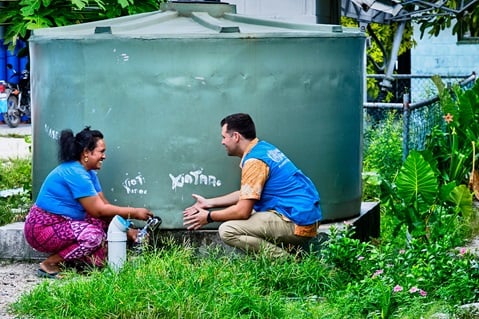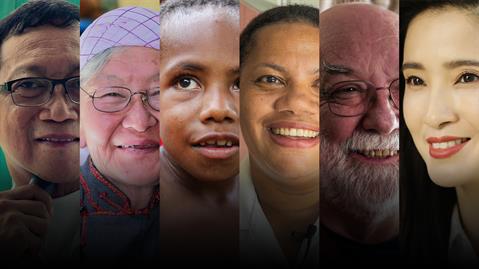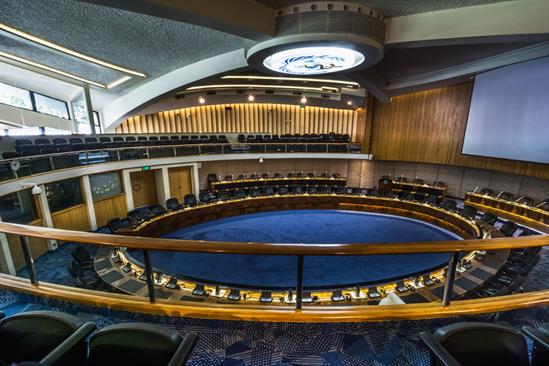Friends, partners and colleagues:
It is a true privilege to be with you today – thank you to Cancer Research UK, the Global Alliance for Tobacco Control, NCD Alliance, the WHO FCTC Secretariat, and all our partners for bringing us together to mark a powerful milestone: 20 years of the WHO Framework Convention on Tobacco Control.
For me, this is more than an anniversary – it’s a celebration of global resolve. A testament to what we can achieve when we unite around a shared mission: protecting lives from the harms of tobacco and noncommunicable diseases (NCDs).
The WHO FCTC stands as a beacon of what’s possible when science, political courage, and international solidarity converge. It’s a lesson we must carry forward – especially now, in a world that is more interconnected, yet more vulnerable.
Over the past two decades, we’ve seen life-saving policies take root across continents. Tobacco use has declined in many countries. Public health has gained ground. And in our Western Pacific Region, the momentum is real.
I think of Australia’s bold plain packaging law, Singapore’s forward-thinking ban on new nicotine products, and the Cook Islands’ rapid reforms – raising taxes, amending laws, and declaring tobacco-free islands. These are courageous actions, often taken with limited resources, but driven by unwavering commitment.
Yet, as we celebrate these victories, we must also confront today’s challenges.
The generation born in 2005 – the year the FCTC came into force – is now 20 years old. They’ve grown up with fewer smokers, but they’re still being targeted. A new wave of products, slick marketing, and digital influence is trying to normalize nicotine addiction all over again.
As leaders, as guardians of public health, we must act. E-cigarettes, nicotine pouches, and other emerging products are designed to hook young people. We cannot allow history to repeat itself.
No matter the form – nicotine addiction is still nicotine addiction. Whether countries choose to ban or tightly regulate these products, our goal remains clear: protect our children and youth from becoming the next generation of nicotine users.
And let’s not forget – traditional tobacco products are still cheap and accessible. Comprehensive tobacco control must remain our focus: to reduce prevalence, protect children, and save lives.
From smoke-free laws to graphic warnings to bans on e-cigarettes – these policies must be backed by strong implementation.
One of the most powerful tools we have is taxation. Tobacco taxes reduce consumption and generate revenue for health and development. It’s prevention in action – and a model for tackling other NCD risk factors.
But none of this is possible without leadership. Political, institutional, community, and civil society leadership. It takes courage, strategy, and persistence to stand up to an industry that is relentless and resourceful. But no adversary can prevail when we are united in our commitment to health for all.
When I joined the WHO Western Pacific Region, I brought with me a vision: to build healthier communities, free from preventable diseases. I know this is a vision we all share. But we cannot realize it unless we reverse the tobacco epidemic and protect future generations from nicotine addiction.
There’s a saying: Keep every promise you make – and only make promises you can keep.
Twenty years ago, we made a promise. Let’s finish what we started. Let’s do it together. Let’s do it now – for our children, and for a future where health is a right, not a privilege.
Thank you.




